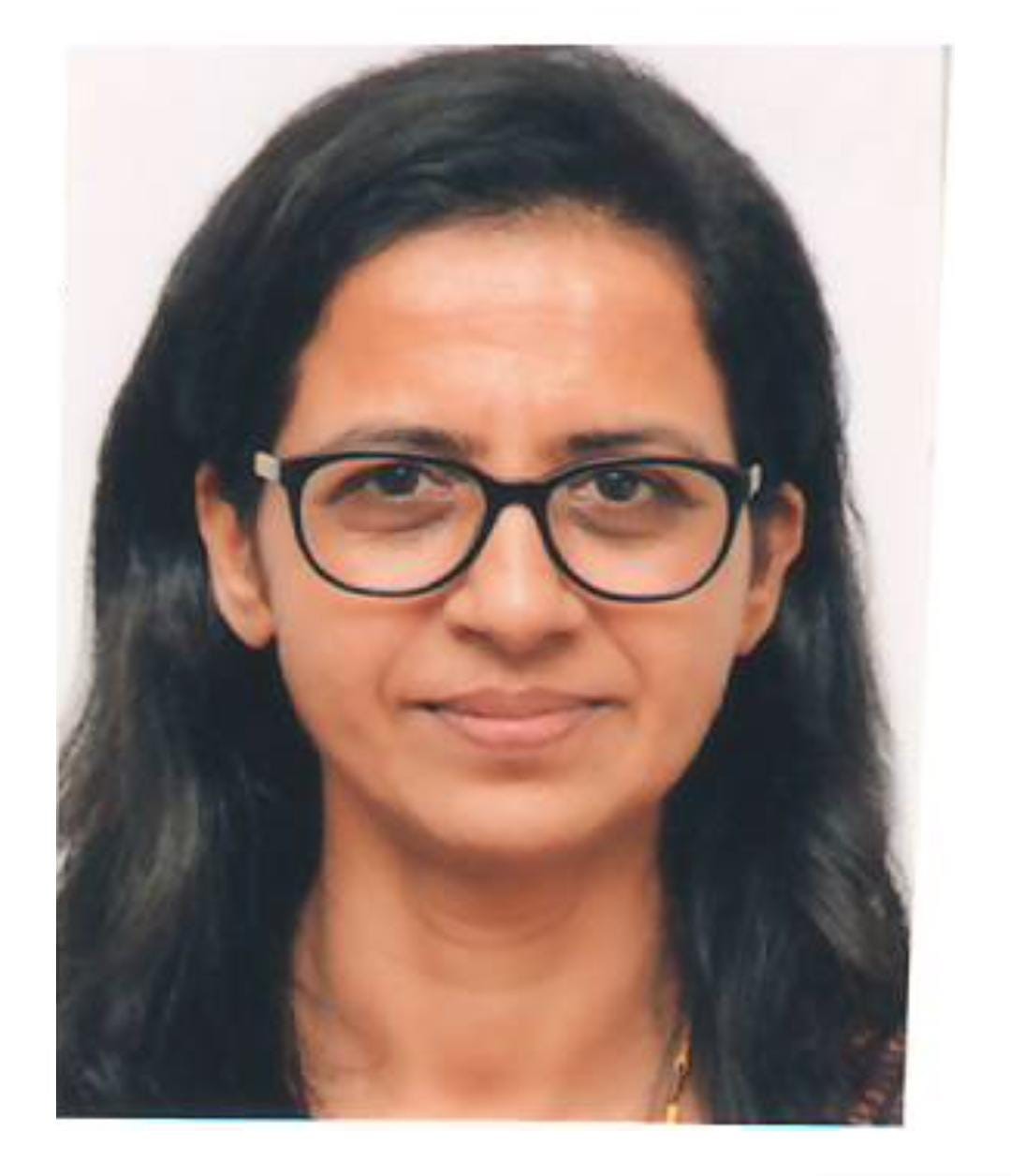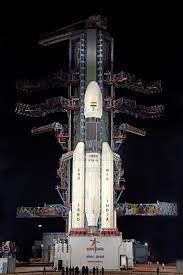Central Asia amidst Global Turmoil: Towards New Vistas

Dr. Poonam Mann
Research ScholarEver since Russia’s “Special Military Operations” in Ukraine in early 2022, the Central Asian Republics (CARs) have found themselves in a tight diplomatic spotlight. With the flurry of summits between the leaders of Central Asian republics and the leaders of various global/regional powers, like, Russia, China, United States, Germany, France, European Union etc., it seems, the tug of war in the region has been intensified. Once again, the geo-political location of the region has put the countries of the region into the new hotspot. Situated at the crossroads of Europe and Asia, the region’s potential to bridge the gap between the East and the West has become a contentious factor. Interestingly, the CARs are well accustomed to such scenarios. Over the years, these scenarios have been given different names like the ‘Great Game’ or ‘New Great Game’ or symbolising the region as a ‘chessboard’. So far, the CARs have managed to pull off a balancing act and have successfully walked this diplomatic tightrope. Following this course, two major narratives have been constant companions- CARs as the strategic backyard for Russia and the competitive cooperation between Russia and China in the region. While these two narratives have dominated the perceptions, however, the autonomy of the CARs’ governments and societies has been treated in an underwhelming manner. Therefore, amidst the backdrop of the Ukrainian crisis, if the CARs are dealing with the evolving landscape amicably or not, is an important point of discussion.
Central Asian Republics’ response to the Ukraine Crisis and their relation with Russia
The five Central Asian republics have adopted a very guarded approach towards Russia’s “special military operations'' in Ukraine. They neither condemned Russia for its operations in Ukraine nor endorsed it. This was evident during the United Nations General Assembly’s (UNGA) resolution on 2nd March, 2022, that demanded Russia to “immediately, completely and unconditionally withdraw all of its military forces from the territory of Ukraine within its internationally recognized borders'', the republics of Kazakhstan, Kyrgyzstan and Tajikistan abstained while Turkmenistan and Uzbekistan did not vote. Similarly, in the UNGA resolution to consider the expulsion of Russia from the UN Human Rights Council on 7th April, 2022, the republics of Kazakhstan, Kyrgyzstan, Tajikistan and Uzbekistan voted against the resolution while Turkmenistan again did not vote. Clearly, Central Asia’s political leadership viewed the Ukraine crisis through the prism of their own interests. Considering how closely they are tied with an umbilical cord to Russia where (i) Russia still remains the guarantor of security in the region, (ii) their economies are closely intertwined (iii) they are heavily dependent on Russia for their export routes and (iv) the Russian labour market is a vital source of employment for many Central Asians, the leadership of these five states have tried to follow a balanced diplomatic strategy i.e. neither getting closer nor drifting apart from Russia. In 2022, after the military operation in Ukraine Russian President Vladimir Putin visited every Central Asian republic and held more than fifty meetings with his Central Asian counterparts. Besides, he also travelled to Kyrgyzstan in October, 2023, on his first foreign trip since the International Criminal Court (ICC) issued his arrest warrant for his alleged war crimes. There, he attended a ceremony marking the 20th anniversary of Russia’s airbase in Kant, a small town, about 20 kilometres east of Bishkek. Also, as a part of his visit, he attended the summit of heads of states of the Commonwealth of Independent States (CIS), an intergovernmental organisation made up of former Soviet republics. Nonetheless, the Presidents of all five Central Asian republics attended Russia’s May 9, 2023, parade in Moscow commemorating the defeat of Nazi Germany in World War II. Further, in October 2023, Kazakhstan's President Kassym-Jomart Tokayev along with President Putin and Uzbekistan's President Shavkat Mirziyoyev attended a ceremony in Moscow, to launch supply of gas from Russia to Uzbekistan via Kazakhstan.
Clearly these visits reflect Russia’s attempts to re-engage with the region, which it regards as its own strategic backyard. This increased the importance of Central Asia to Russia in the light of shifting geopolitics, allowing Central Asian republics to up their negotiation power in the context of an isolated and sanctions-ridden Russia. Further, the whole scenario also signifies that Russia’s war against Ukraine has disconcerted its allies, who are wooing, and being wooed by other global/regional players.
China’s increased engagement with the Central Asian Republics
Though Central Asia’s significance for China did not start with the start of the Ukraine war, but the growing anxiety in the region over the Ukraine crisis, does create a promising situation for China. For instance, post-pandemic, in September 2022, President Xi Jinping chose Central Asia for his first foreign visit where he held meetings with all his Central Asian counterparts. However, while in Kazakhstan, he echoed his support for Kazakhstan’s territorial integrity at a time when the latter was startled by Russia's invasion of Ukraine. At the same time, amidst the Western sanctions on Russia, China-Kyrgyzstan and Uzbekistan also signed a long-anticipated agreement to move forward with the construction of a rail-road linking these countries. This route, if and when completed, will establish a shorter route to Europe bypassing Russia. Further, the one of its kind inaugural meeting between the heads of states of Central Asian republics and China, in May 2023 was considered as a milestone to strengthen relations between China- Central Asia.
All these developments should be taken as a part of China’s long term strategy to secure its economic, social, political and security interests rather than an attempt to replace Russia in the region. So far, China's engagement has been appreciated and supported by the Central Asian political elites. But do they want overdependence on one country is an important question to discuss. In the present context also, these republics are seeking to build political, economic and security relations with various countries without creating any adversaries. Therefore, in this endeavour, Central Asian Republics’ engagement with the United States (US) and some of the European countries is vital.
With Ukraine in mind, the US and Europe are trying to enhance their cooperation with the Central Asian countries. First, US Secretary of State Antony Blinken, visited Kazakhstan and Uzbekistan in February, 2023 seeking to step up US’ engagement with the region. Building on the outcomes of these meetings, the first-ever C5+1 Presidential Summit happened in September 2023, attended by US President Joe Biden and his Central Asian counterparts. After ten days, German Chancellor Olaf Scholz welcomed the Central Asian leaders to Berlin. In November, 2023, the French President Emmanual Macron travelled to Kazakhstan and Uzbekistan to discuss political and economic relations. Furthermore, the United Kingdom (UK) pursued its own strategy to intensify its engagement with the countries of the region. To identify various opportunities and challenges for broadening its engagement, the House of Commons Foreign Committee published a report to seek answers to that end. Similarly, the representatives of the European Union also met the Central Asian representatives, in October, 2023 to discuss how they can improve their relationship and strengthen cooperation on economic, trade, energy and security related matters.
The global significance of the Central Asian region is growing. This sudden upsurge of interests in the Central Asian region from the Western world is a promising sign, but how it will materialise remains to be seen. Clearly, the Ukraine crisis and changing geo-political environment has prompted many countries to reassess and reconsider their diplomatic relations with the countries of the region. Central Asian countries have also shown their keenness to further develop their political, economic and social ties with these countries as these provide them an opportunity to diversify and balance. They are coordinating within the C5+1 format with India, Japan, and South Korea also. They (specifically Kazakhstan) are exploring alternative routes, like the Middle Corridor through the Caspian Sea, connecting with Georgia, Azerbaijan, Turkey and Europe. Amidst the turbulent war in Ukraine, subsequent confrontation between Russia and the West, Eurasia’s political landscape is changing. This provides an opportunity to the Central Asian republics to develop intensive contacts with new partners. This will help them in achieving their primary foreign policy goal of sustaining pragmatic multi-vector relationships.

